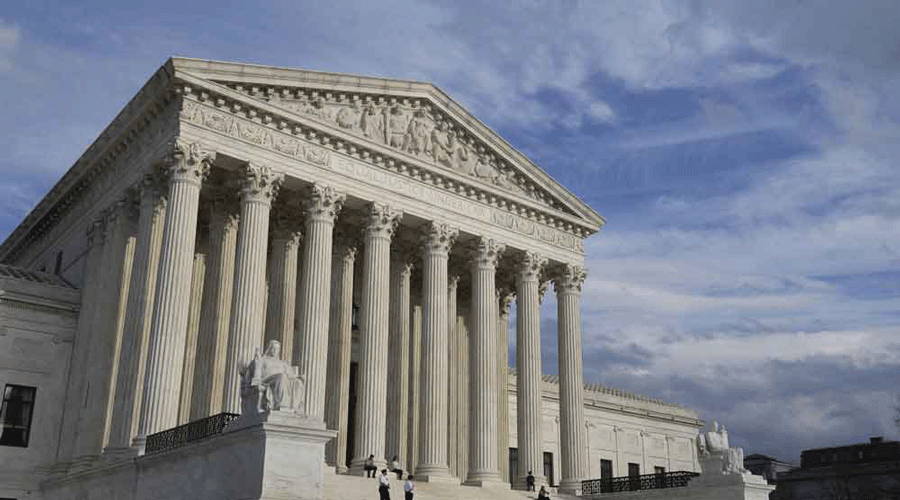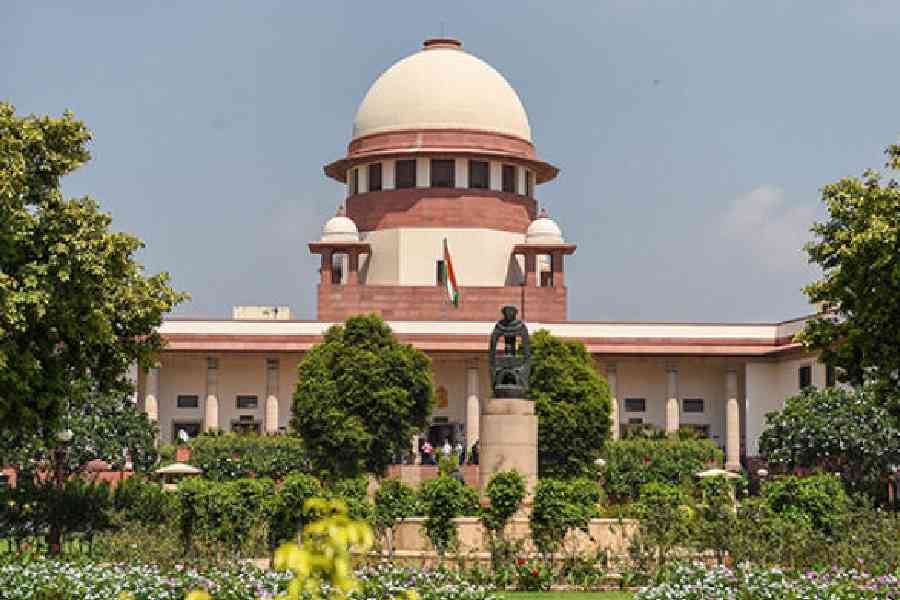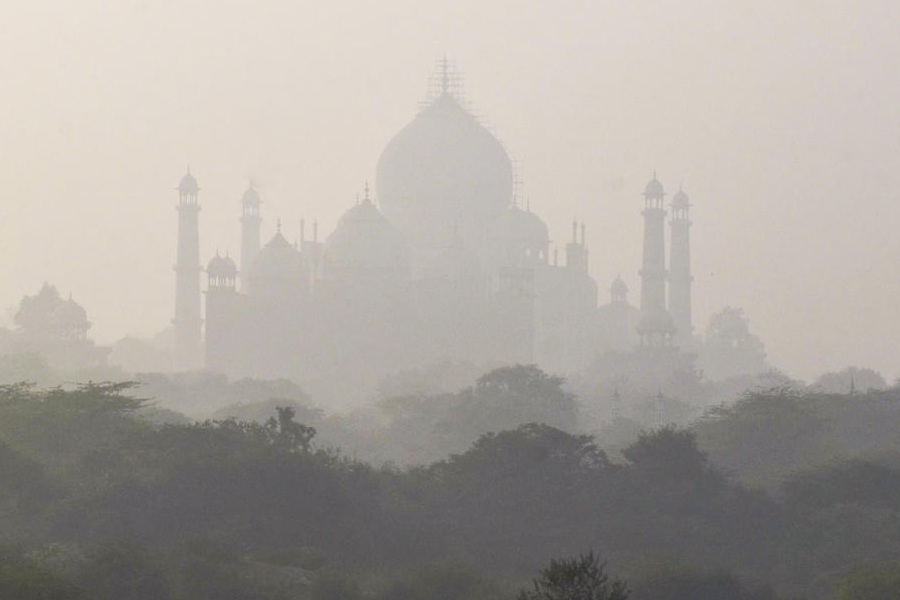Across democracies, courts are meant to serve as checks on the executive and legislature, ensuring that justice and law triumph over any political excesses. A spate of recent rulings by the Supreme Court of the United States of America is, however, offering evidence of ways in which courts can roll back hard-won rights and protections. Last week, the US Supreme Court reined in the powers of the country’s Environmental Protection Agency to regulate greenhouse emissions from fossil fuel plants in a set-back to the fight against climate change. The court also overruled lower court decisions upholding gun restrictions, even as deadly mass shootings — from schools and bars to even July 4 parades — mount in the US. In recent days, the court has also overturned the Roe versus Wade judgment of 1973, which guaranteed a national right to abortion. That recent ruling has led to speculation that a conservative US Supreme Court might next target the legality of same-sex relationships and marriages, and access to contraceptives. These court decisions are particularly significant because they come at a time when a majority of Americans are supportive of abortion rights, gun control and greater government action against global warming, according to polls. The US Congress has a record number of women and LGBTQ members.
To be sure, courts are not meant to always reflect the majority view of a society: that is what an elected parliament is for. Judges must treat each case on its legal merits. Still, in the past, they have largely expanded the umbrella of rights that shield vulnerable communities and citizens from power and influence. The Indian Supreme Court’s legalisation of same-sex relations in 2018 is a case in point, especially since successive governments failed to pass laws ending criminalisation of homosexuality. However, the US Supreme Court’s decisions are in keeping with a growing pattern of courts acting against petitioners and defendants from traditionally disadvantaged communities. In recent weeks, a top French court has overruled a city’s decision to allow the burkini — often preferred by conservative Muslim women — in public swimming pools, and a British court of appeals permitted a controversial government move to transport asylum seekers to Rwanda. When courts start eroding citizens’ rights, democracy can wind up on a slippery slope. In both Nazi Germany and apartheid South Africa, courts helped ensure that discrimination was ‘legal’. Lady Justice has the opposite mandate: she must not stay blind to bias and injustice.











